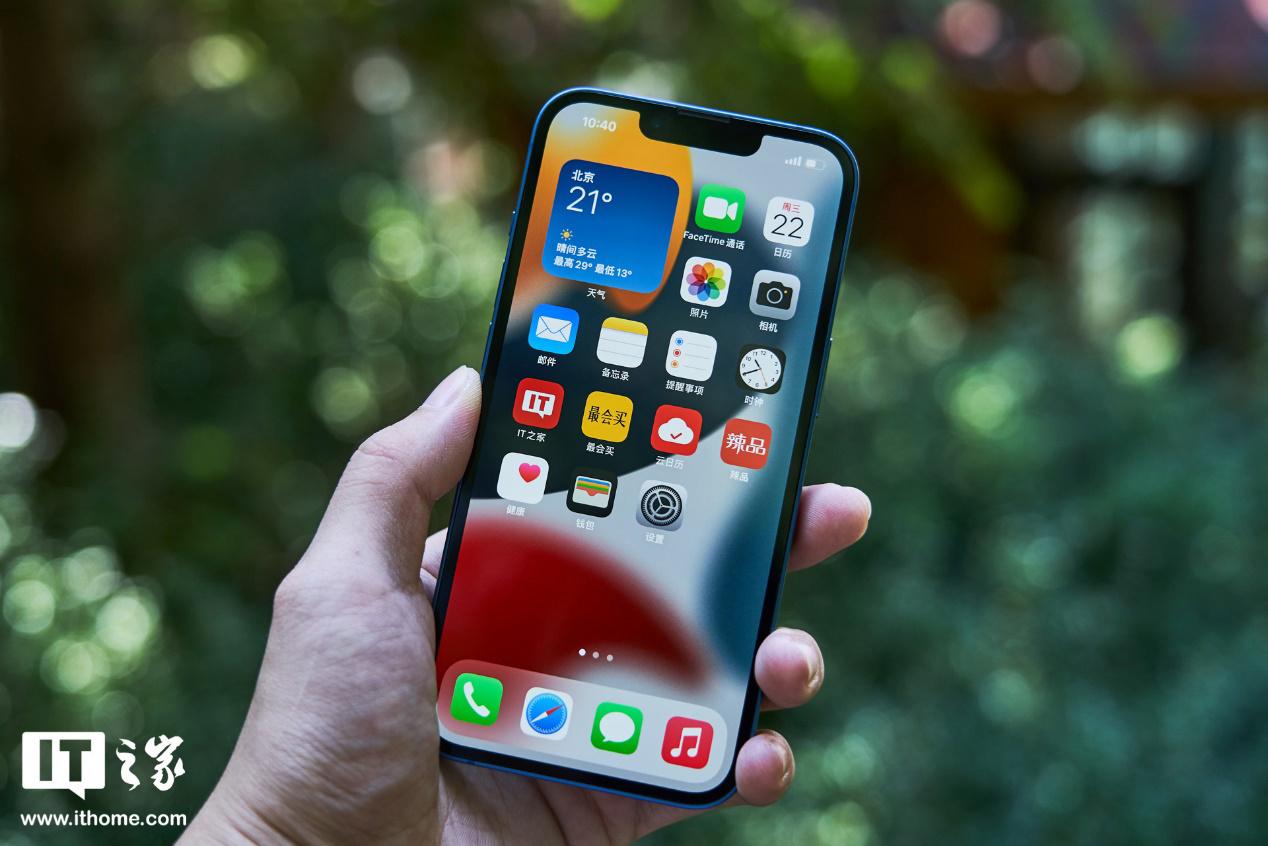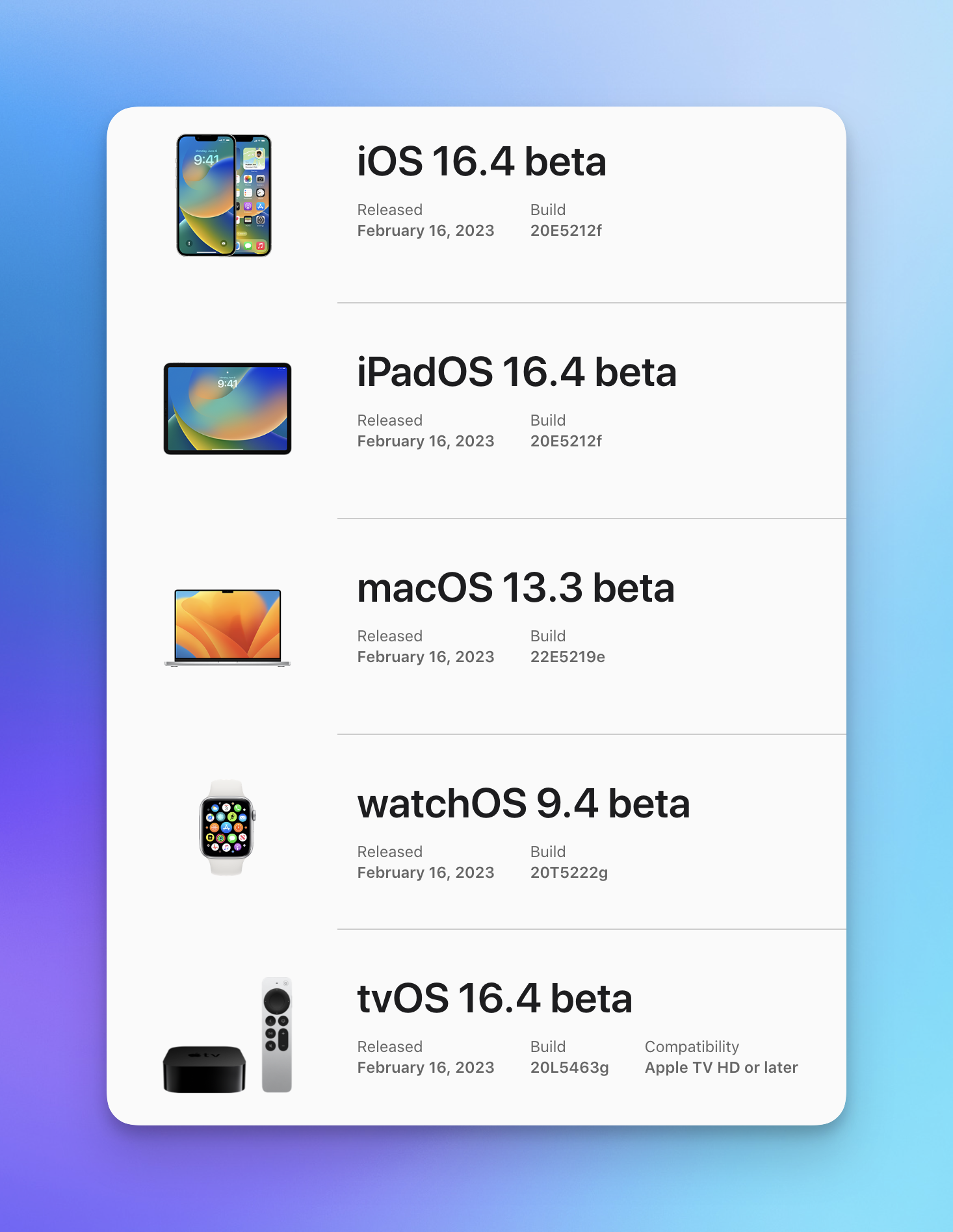After much pressure from the European Union and other governments worldwide, Apple appears to be considering a deep overhaul of iOS and the App Store for the first time. According to reports, the company plans to open up more iOS features to third-party apps, including the browser engine and NFC.
In recent years, Apple has liberalized considerably in iOS regarding the features that third-party developers can use. For example, apps can now interact with Siri, read NFC tags, offer alternative keyboards and more. However, there are still many other restrictions which may not last long.
According to sources familiar with the matter, Apple has been working to open up its proprietary application programming interfaces, also known as APIs, to third-party developers and applications. This will lead to major changes in the way iOS works.
One of the main restrictions that may soon be repealed is related to browser engines. All iOS apps must currently use WebKit, the engine Apple uses to run Safari. But Apple is already working to open iOS to other browser engines to comply with the EU’s new Digital Markets Act.
The report also mentions that other private iOS APIs will be made public in the future, including access to more camera controls and the iPhone’s NFC chip. While third-party apps can currently read NFC tags, Apple prohibits them from working for ApplePay competitors. The European Union has criticized Apple for limiting iPhone NFC technology to its services.
In addition to these changes, Apple is also said to discuss further opening the FindMy network to third-party accessories. While third-party manufacturers can make their accessories compatible with the FindMy network, competitors like Tile claim many shortcomings compared to Apple’s accessories, such as AirTag.
The report said that Apple is preparing to let iPhone and iPad users install apps through an alternative app store for iOS. This will allow developers to release iOS apps outside AppStore for the first time officially.
At the same time, however, the report claims that Apple has no plans to make iMessage compatible with other platforms or even adopt the RCS standard.


